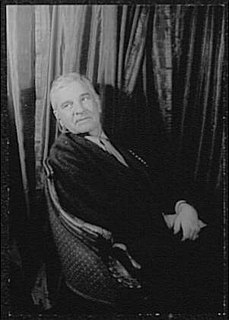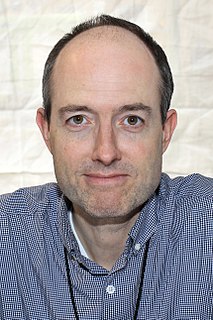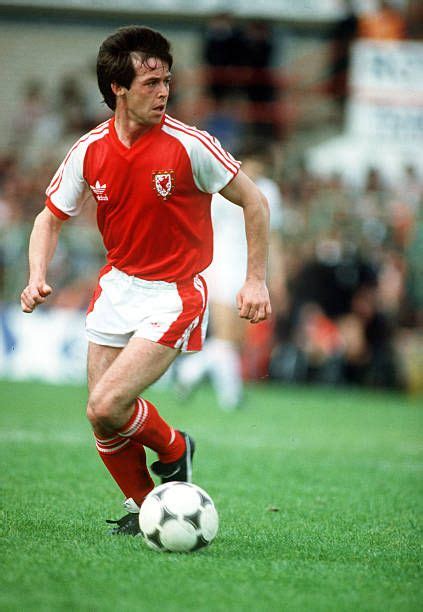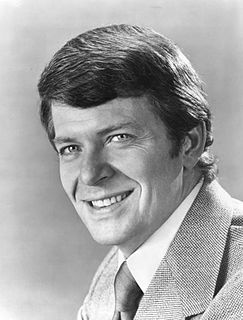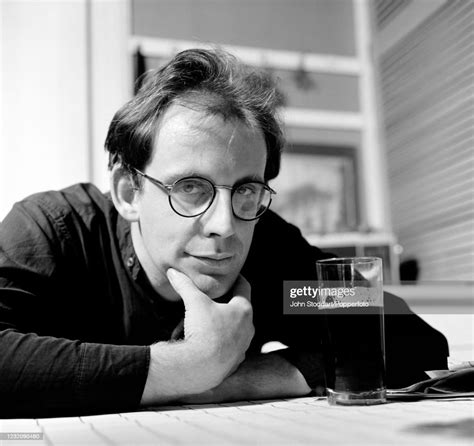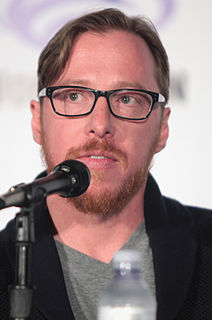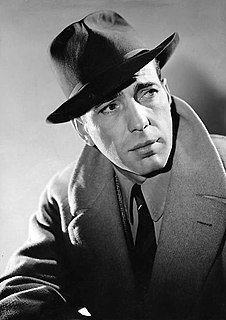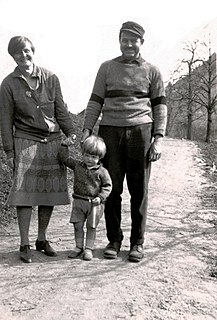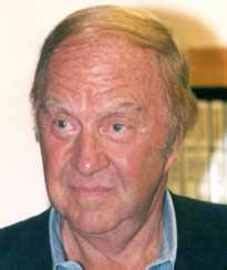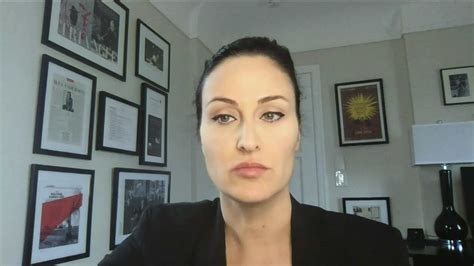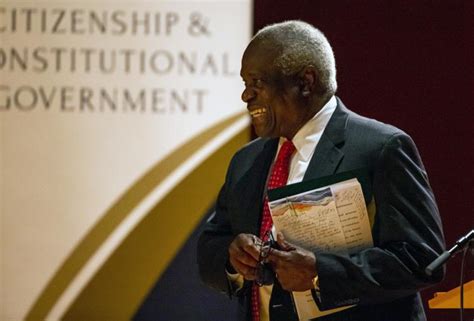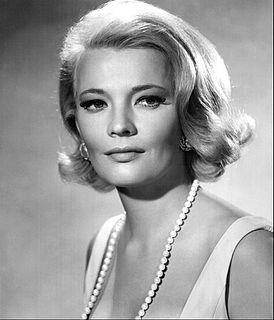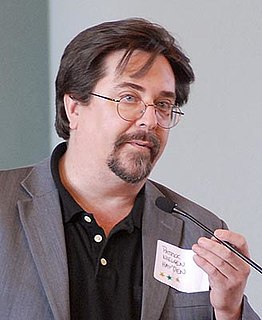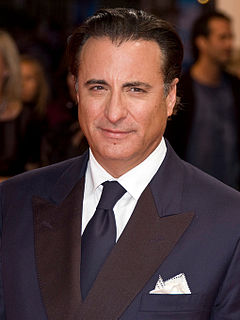Top 235 Hemingway Quotes & Sayings - Page 3
Explore popular Hemingway quotes.
Last updated on April 20, 2025.
And so with Hemingway's writing, he famously wrote to one of his publishers - he said, you don't need a high school education to enjoy my writing. And it's going to titillate the masses. I mean, anybody can relate to it, but the style is so revolutionary that it will titillate highbrow critics, which it did.
When I admire a writer, it's for the recognizable palette - Hemingway's minimalism, the dialogue, those isolated bar scenes. But with each story or novel, he shows me something different within the framework he's built - like noticing that there's a chair in the corner I didn't see in another story.
So many people's school experience contains at least one instance of being looked down upon because they didn't care for one or more of the sacred mutant outcroppings of High Modernism, and they concluded from this that Literature is all about impenetrable stuff that they don't like. That damn Hemingway with his crazy free verse.

